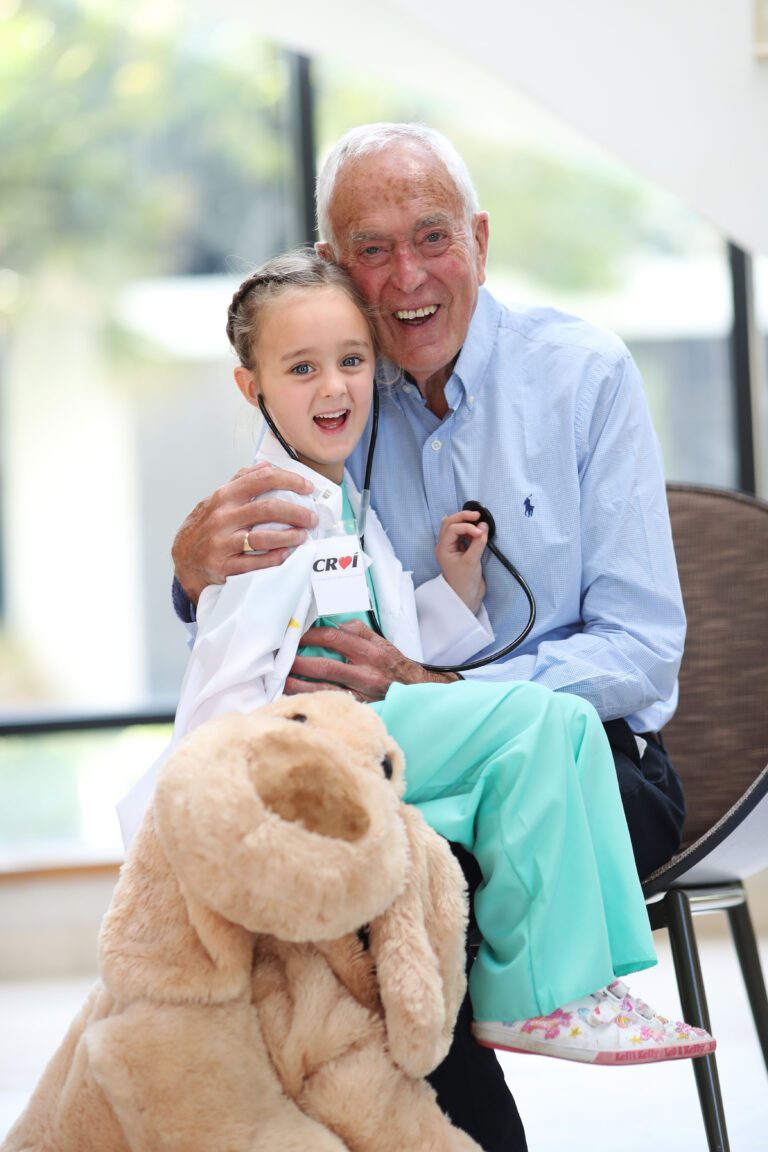Don’t mistake heart valve disease symptoms for old age urge heart medics

Top heart doctors are urging patients to know and look out for the symptoms of Heart Valve Disease and ask their GP for help in a Croí, the heart & stroke charity, campaign launched today, marking European Heart Valve Disease Awareness Week.
Symptoms such as breathlessness, dizziness, swelling of hands or feet and fatigue are sometimes mistaken to be old age when in fact they are symptoms of Heart Valve Disease (HVD).
A diseased valve can either be repaired or replaced by surgical or less invasive procedures and the patient goes on to have a more positive health outlook as a result.
However, 50% of those with the most severe form of Heart Valve Disease – aortic stenosis – will die within 2 years if not diagnosed and promptly and appropriately treated.
Irish research shows that only 4% of the target age-group (55+) knew of Heart Valve Disease. Those interviewed were ten times more likely to be concerned about heart attack and stroke than they would be about Heart Valve Disease (11.9% and 10.4% respectively compared to 1.4%).
While HVD can impact younger people in their 40s and 50s, aging is a primary factor, and generally the incidence of HVD increases from age 70 onwards.
Symptoms are often confused or misinterpreted as normal signs of aging. These include:
- Fatigue
- Shortness of breath
- Chest pain or tightness
- Swelling of ankles and feet
- Dizziness
- Fainting
- Rapid or irregular heart beat
- Heart murmur
Croí is encouraging those in the 65+ age group to be aware of these signs and symptoms and if experiencing them, to visit their GP and ask ‘could it be Heart Valve Disease?’.
“GPs can easily identify a potential issue through a stethoscope examination and research shows that approximately one third of GPs do this as a matter of course. However, some don’t, so if you’re over 65 and concerned by symptoms, be proactive, go to your GP and ask for a stethoscope check at least once a year” said Dr Darren Mylotte, Consultant Cardiologist, Galway University Hospital and Senior Lecturer, NUIG.
The treatments for HVD are in many cases less of an ordeal than the heart surgery of former years. In some cases, valves can be repaired and replaced either minimally invasively through a 4-5cm incision or via a catheter through an artery in the leg. Recovery is much less painful and swifter as a result.
“The landscape of heart valve surgery has changed significantly, even in the last few years. Technology is continually allowing us to reduce the risk and pain to our patients, which in turn reduces fears related to treating a condition such as HVD. GPs who communicate this to their patients tend to help significantly with the patient’s apprehension around seeking treatment” said Dr Samer Arnous, Coronary and Structural Interventional Cardiologist.
“Self-awareness is so important. The patient plays a significant role in his/her own treatment pathway. People should not dismiss or ignore symptoms and warning signs and simply attribute them to ‘old age’. It is vital that you discuss any concerns that you may have with your GP. Sometimes we see patients that are just too sick to treat but had they been diagnosed when they first became symptomatic, the prognosis may just have been more positive,” said Mr. Alan Soo, Lead Consultant Cardiothoracic Surgery at Galway University Hospital.
Through the European Heart Valve Awareness Week (September 16-22), Croí – the heart and stroke charity – is highlighting the prevalence of HVD amongst the 65+ age group in a bid to help patients reach and enjoy their third age with good health. For further information please visit www.heartvalveweek.eu
“It’s crucial that both GPs and patients understand the symptoms. Knowledge is empowering for the patient, allowing them to make informed and timely decisions which could clearly improve their health outlook for a number of years,” said Neil Johnson, CEO, Croí.
